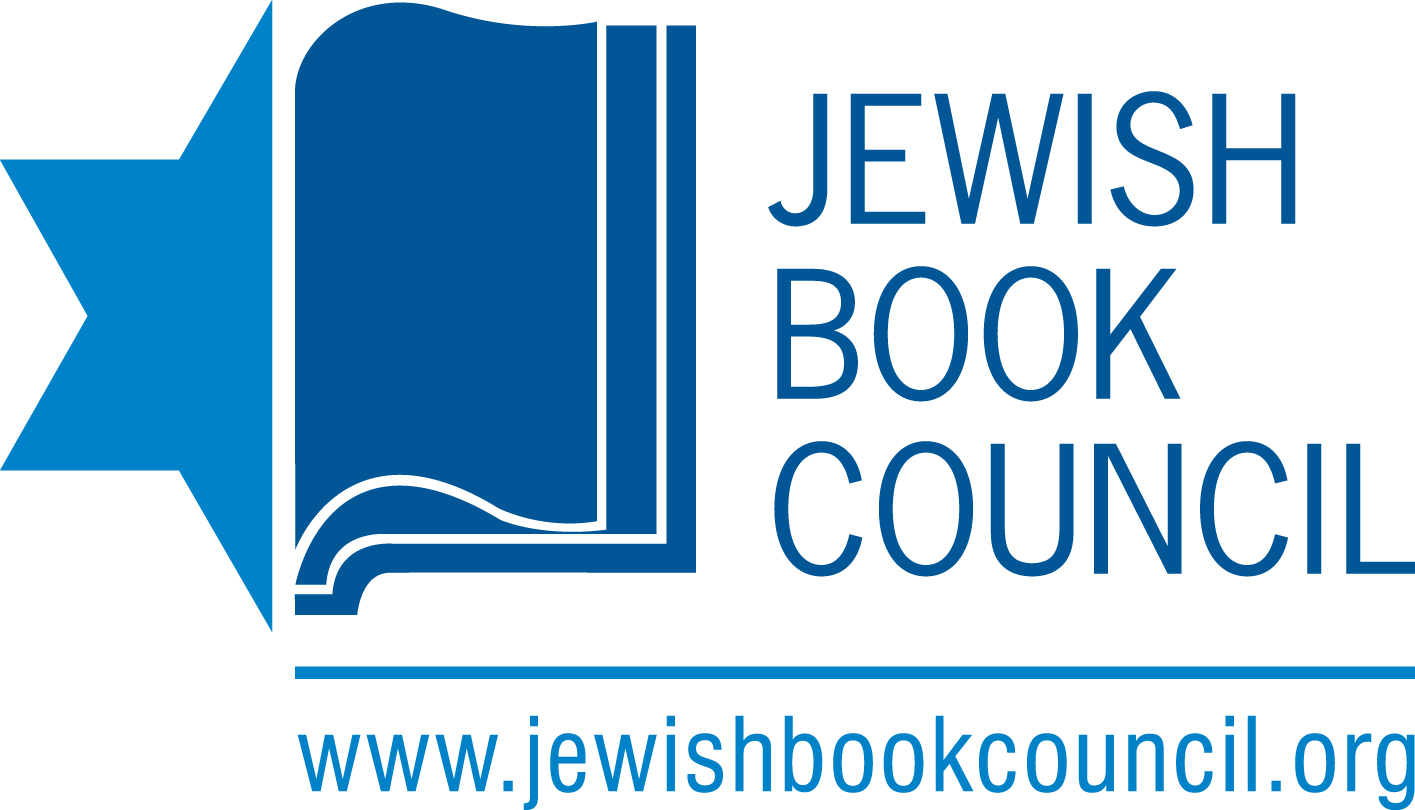

Historian Kirsten Fermaglich Presents a Jewish Book Council Author Talk (“A Rosenberg by Any Other Name”)
December 12, 2019 @ 1:00 pm - 2:30 pm
| FreeWinner, 2019 Saul Viener Book Prize, given by the American Jewish Historical Society
"The beauty of A Rosenberg by Any Other Name lies in its choice of a site so rife with potential and yet, one that seems so utterly banal. Fermaglich offers us new appreciation for the levels of complexity that Jewish identity was forced to take on in post-war America. It is a powerful story about anti-semitism, adaptation, markers of identity, and the kinds of choices and sacrifices that people must make in the name of access, privilege, and commitments to their communities." (Deborah Dash Moore,author of Jewish New York: The Remarkable Story of a City and a People)
A groundbreaking history of the practice of Jewish name changing in the 20th century, showcasing just how much is in a name
Our thinking about Jewish name changing tends to focus on clichés: ambitious movie stars who adopted glamorous new names or insensitive Ellis Island officials who changed immigrants’ names for them. But as Kirsten Fermaglich elegantly reveals, the real story is much more profound. Scratching below the surface, Fermaglich examines previously unexplored name change petitions to upend the clichés, revealing that in twentieth-century New York City, Jewish name changing was actually a broad-based and voluntary behavior: thousands of ordinary Jewish men, women, and children legally changed their names in order to respond to an upsurge of antisemitism. Rather than trying to escape their heritage or “pass” as non-Jewish, most name-changers remained active members of the Jewish community. While name changing allowed Jewish families to avoid antisemitism and achieve white middle-class status, the practice also created pain within families and became a stigmatized, forgotten aspect of American Jewish culture.
Mining court documents, oral histories, archival records, and contemporary literature, Fermaglich argues convincingly that name changing had a lasting impact on American Jewish culture. Ordinary Jews were forced to consider changing their names as they saw their friends, family, classmates, co-workers, and neighbors do so. Jewish communal leaders and civil rights activists needed to consider name changers as part of the Jewish community, making name changing a pivotal part of early civil rights legislation. And Jewish artists created critical portraits of name changers that lasted for decades in American Jewish culture. This book ends with the disturbing realization that the prosperity Jews found by changing their names is not as accessible for the Chinese, Latino, and Muslim immigrants who wish to exercise that right today.
Kirsten Fermaglich is Associate Professor of History and Jewish Studies at Michigan State University. She is the author of American Dreams and Nazi Nightmares (2006) and the co-editor of Betty Friedan, The Feminine Mystique, Norton critical edition (2013). She is the co-editor of the journal American Jewish History.


